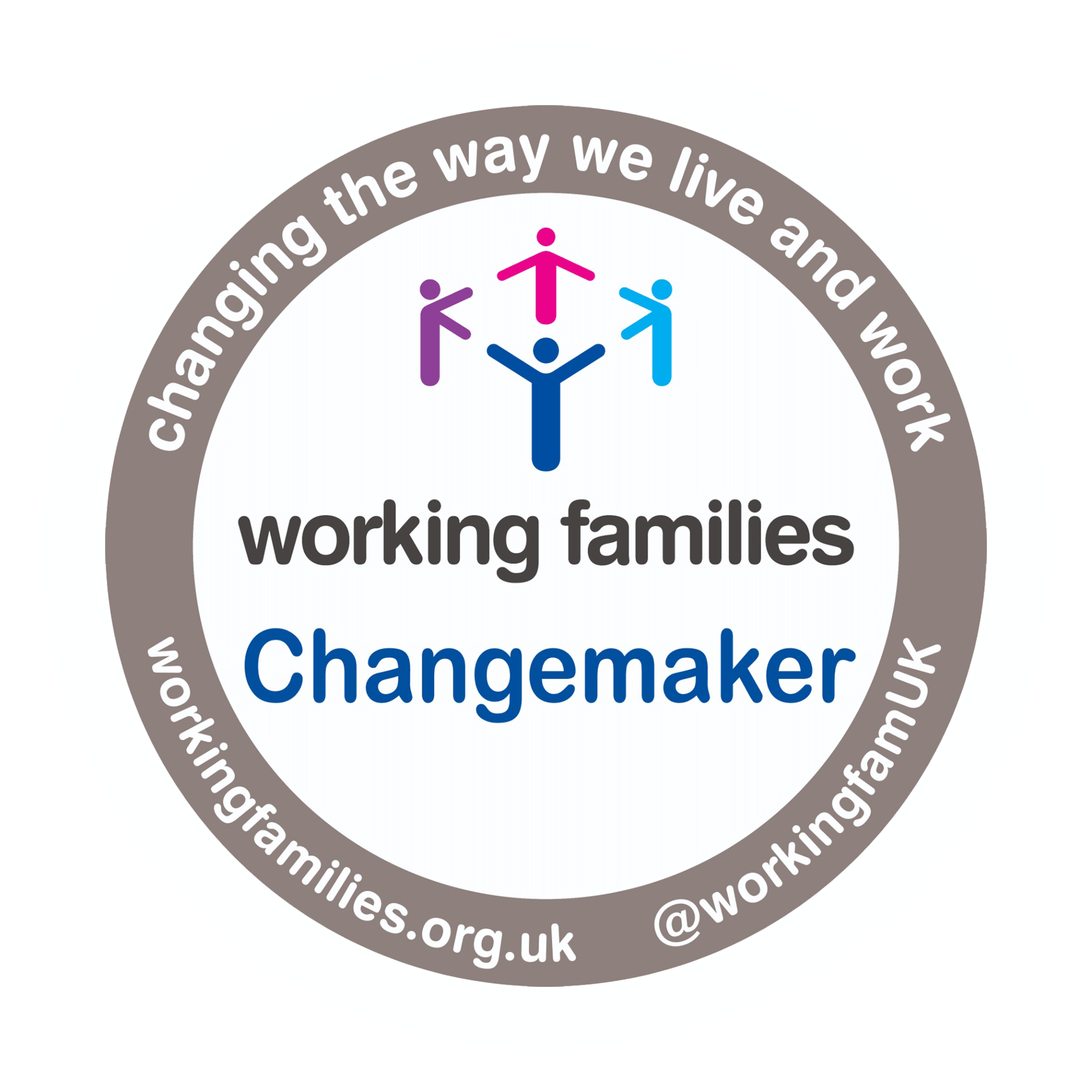Looking to take your business to the next level? Four reasons why flexible working is the ideal solution
With all the uncertainty businesses have faced over the last few years, it’s not surprising if, as a business and as an employer you may have felt you should wait to recruit or make any new hires. At the same time though, it might have felt that your business growth has been a little hindered as a result of this.
There is a huge talent pool of highly skilled and experienced professionals looking to work flexibly
Recruitment can feel like a big decision and commitment, so it’s understandable you may be reticent, especially if you feel like it’s full time or nothing.
However, there is a recruitment solution that can help with business growth, namely flexible working. Not only does it save you money, but it can also help with employee retention and productivity.
Here are four reasons why…
Reason one: Remote working to reduce overheads
If you’re keen to grow but not ready to commit to increased overheads that could be incurred by renting a bigger office space, higher utility bills or IT equipment spend, then having a virtual team can help you keep costs down.
This form of working is known as remote or homeworking and is when employees work from home or a different location. This can be done every day, on set days or on an adhoc basis. At Capability Jane, our team has been doing a mix of office and remote working for years, all to great effect.
A lot of the large corporates are also leading the charge and reaping the benefits of this way of working. In fact, with 10% of their workforce are now working remotely, BT has managed to save millions in reduced costs.
If anything, remote working encourages more presenteeism and more effective delivery of tasks and/or projects. With all the tech that is available, such as Skype, Microsoft Teams, Monday, Slack, to name but a few! It’s easy to keep in contact with employees and track progress.
Perhaps more importantly – in this current eco climate – remote working also reduces your carbon footprint as you’re consuming less energy and reducing emissions from driving or commuting to the office on a daily basis.
Reason two: Struggling to justify a full time salary
If you’re looking to make a senior level hire but concerned a full time salary will hit your bottom line, then flexible recruitment can give you the best of both worlds.
If anything, candidates, especially those at a senior level, who have the insight to make the decision to work flexibly shows an emotional and strategic intelligence that could only bring benefits.
As an employer, it means you are getting very talented candidates at a reduced cost who also bring a wealth of knowledge and expertise into your business.
Reason three: It’s what people want
84% of men, 91% of women and 92% of millennials either work flexibly or wish they could. It’s clear this is something all generations and ages want. Not only that but there is a huge untapped talent pool of highly skilled and experienced professionals looking to flex.
There are so many reasons people want to work flexibly. For a lot of our candidates it covers a broad range, such as:
- caring responsibilities
- growing their own business
- needing more headspace or time to breathe
- getting out of the corporate ‘rat race’
- parental responsibilities, both mothers and fathers
Not only that but rolling-out a flexible working policy will also help futureproof your business. A government report into flexible working highlights that millennials expect flexible working to be the norm, whether that’s now or for later-on in their career.
Reason four: Increased staff productivity
Giving employees the choice to work flexibly can increase productivity and engagement. BT found that their home working policy led to increased motivation, and this is a really important point; there is a perception that working remotely means an excuse to stay at home and do the barest minimum for their employer.
The fact is that if an employee isn’t delivering or hitting targets, it will quickly become clear.
If an employee is working core hours or part time, for example, you’re more likely to find increased productivity in that time than being present at their desk 5 days a week. Especially as most people are at their most productive four days a week.
Research from Henley Business School states that a four-day working week could save UK businesses an estimated £104bn a year through increased productivity and employee wellbeing.
With all the benefits it can bring, combined with all the political and economic changes now, and in the future, flexible working could be the win-win that helps your business grow without busting the bottom line.








